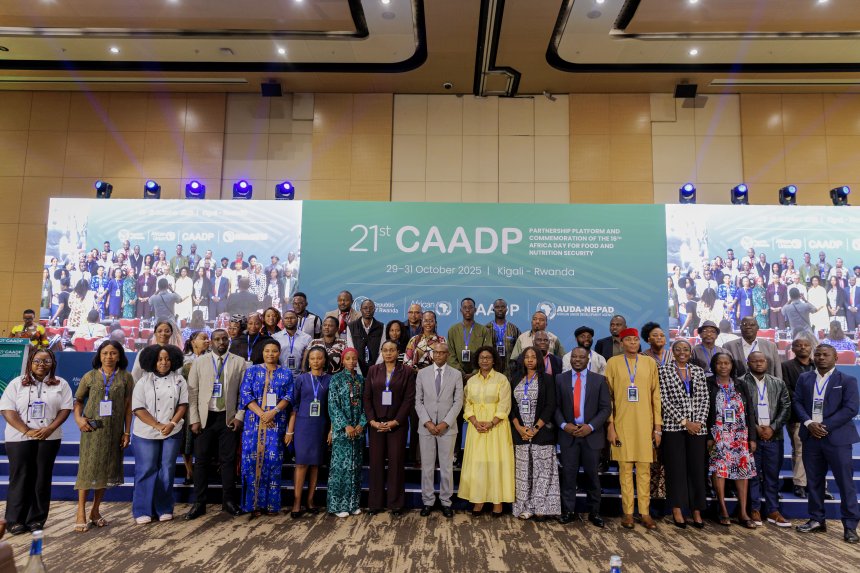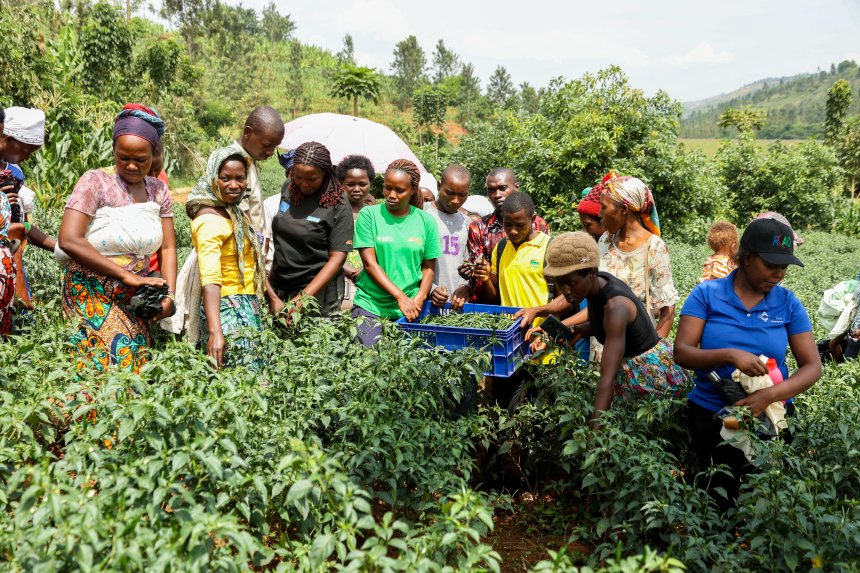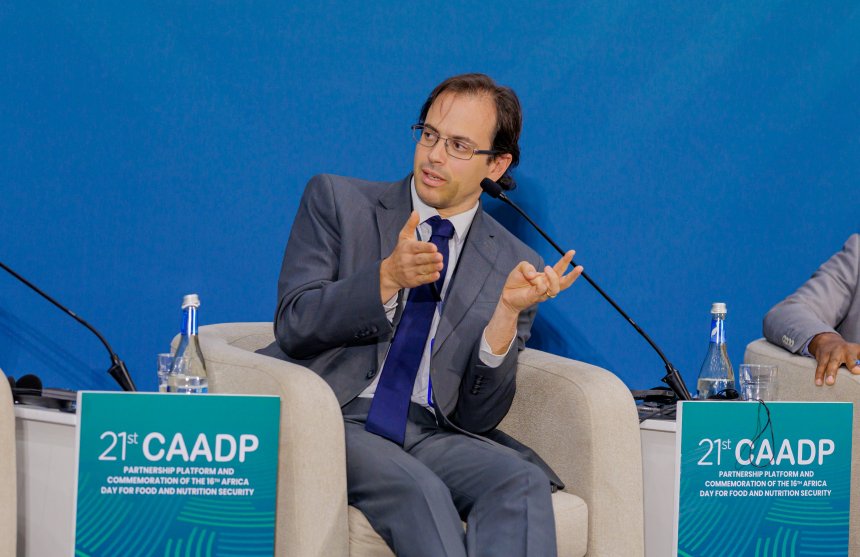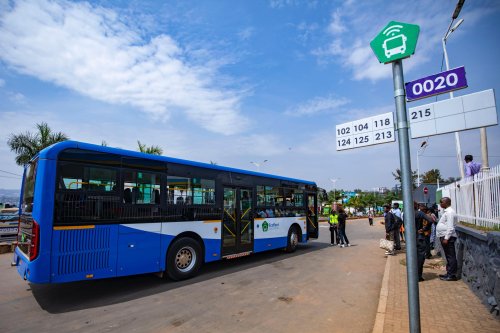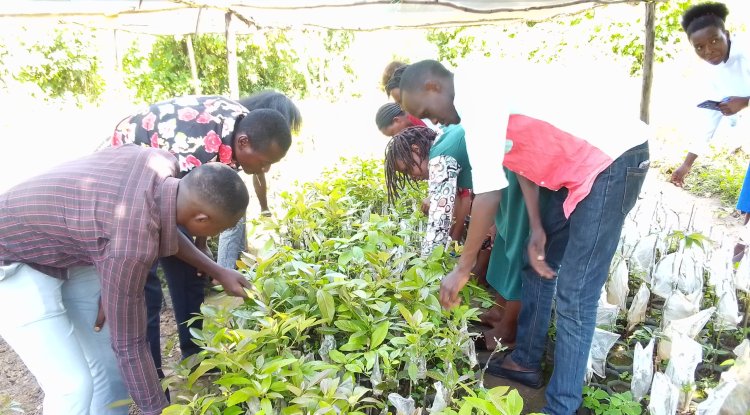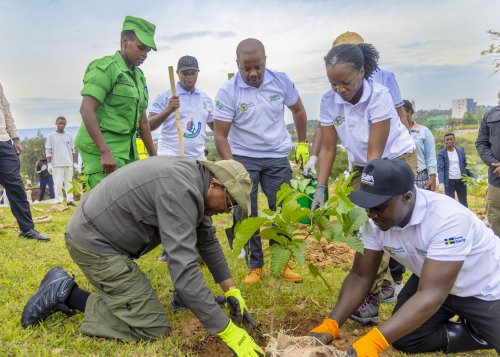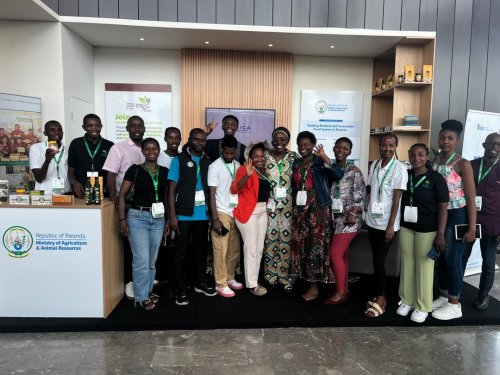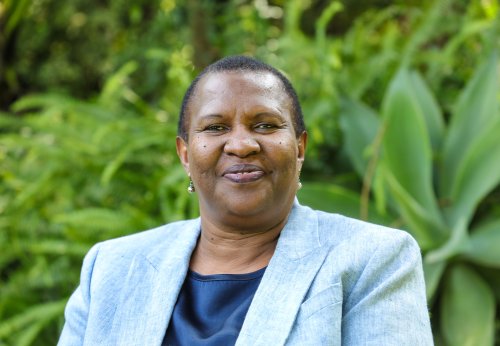Technology and Partnerships Take Center Stage as ACAT 2025 Opens in Kigali
The second edition of the African Conference on Agricultural Technologies (ACAT2025) opened in Kigali today with a strong call for investment, innovation, and strategic partnerships to drive Africa’s agricultural transformation. The four-day event, held under the theme “NextGen Ag-Tech Solutions for Africa’s Farmers,” runs from 9–12 June and is co-hosted by the Government of Rwanda through the Ministry of Agriculture and Livestock Resources (MINAGRI), in partnership with the African Agricultural Technology Foundation (AATF).
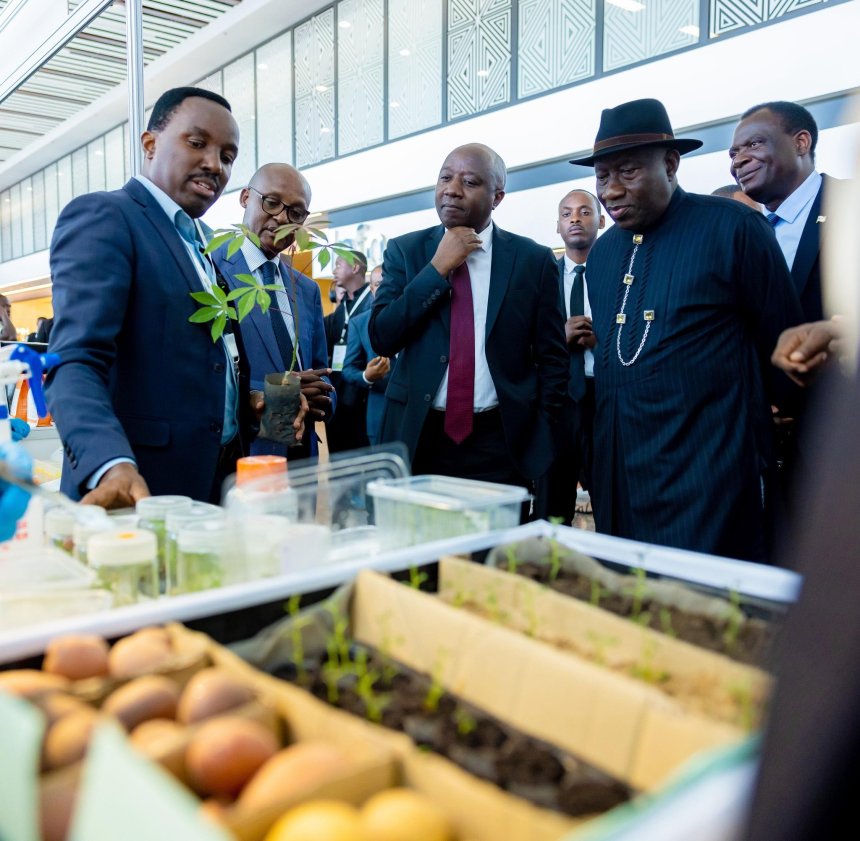
Addressing the delegates at the Kigali Convention Centre, Rwanda’s Prime Minister officially launched the event by stressing the need for a shift in mindset and action. “Today, hard work alone is no longer sufficient,” he said. “Agriculture must be sustainable and attractive, especially for our young generation. To achieve this, we need to integrate technology and innovation across our efforts to transform the sector.”
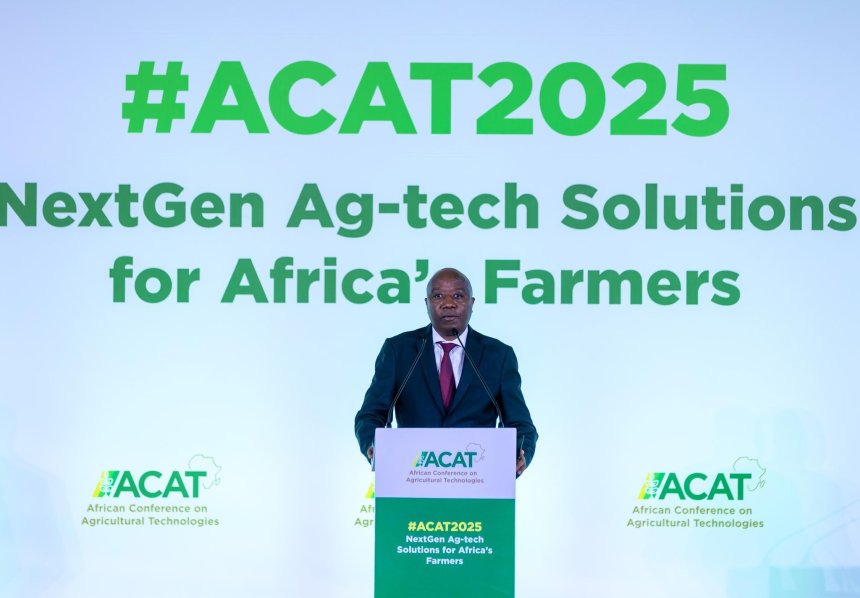
He emphasized that modern agriculture requires more than traditional tools. “Indeed, technology and innovation are essential pillars of modern agriculture and are no longer optional,” he noted, urging African nations to embrace change as a necessity for food security and inclusive development.
In a keynote address that resonated deeply with participants, former Nigerian President Dr. Goodluck Jonathan highlighted the importance of investing in systems, people, and science. “Let us invest not just in seeds and fertilizers, but in science, policy, and people,” he said. “Let us build systems that are resilient, inclusive, and just. Let us ensure that Africa will not only feed herself but will be a net exporter of food to other parts of the world.”
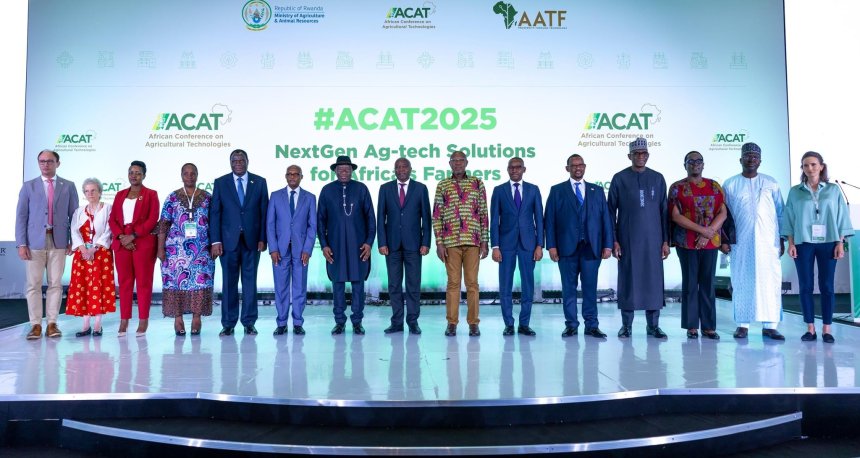
Dr. Jonathan also called on African governments to fulfill their financial commitments to agriculture as outlined in the Maputo and Malabo Declarations. “Governments must go beyond promises and allocate at least 10% of their national budgets to agriculture,” he stated. “We also need development finance institutions to create innovative financing models that work for smallholder farmers and agri-preneurs.”
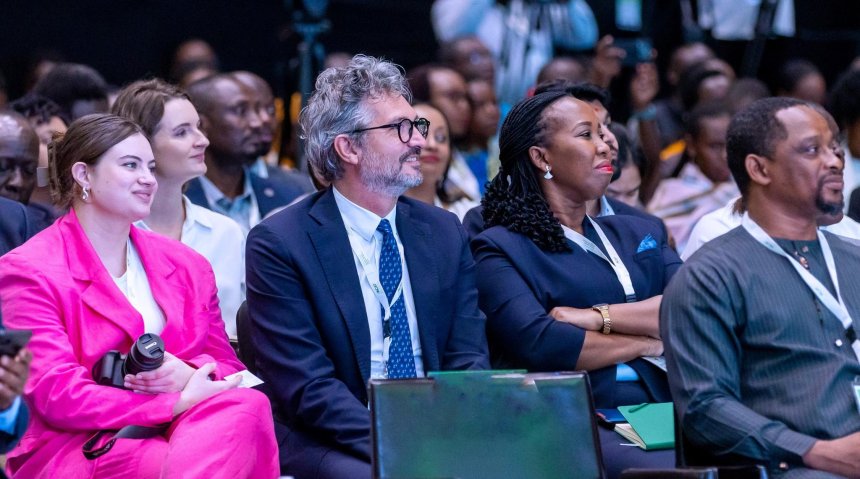
Highlighting the critical role of digital technologies, he added: “The future of agriculture on our continent is intricately tied to our ability to embrace and scale available and emerging technology. From precision farming and satellite imaging to drone technology and artificial intelligence, digital tools can revolutionize how we plant, irrigate, harvest, store, market, and sell our crops.”
During a panel discussion on partnerships, Prof. Jean Jacques Muhinda, AGRA’s Regional Coordinator for East and Southern Africa, underlined the organization’s approach to collaboration and youth empowerment. “We consider ourselves a partnership institution,” he said. “Our work starts exactly where the work of scientists and technologists stops. We focus on policy influence, evidence-based action, and private sector engagement.”
Prof. Muhinda also emphasized AGRA’s commitment to youth employment through initiatives like the YEFFA project, implemented in collaboration with the Mastercard Foundation. “We are coming to deliver on our mandate to create 1.5 million decent agri-jobs for youth,” he said.
As the conference continues, key discussions will focus on scaling innovation, enhancing policy environments, and fostering inclusive partnerships that can drive the continent’s agricultural future forward. The message from Kigali is clear: the transformation of Africa’s agriculture lies in collaboration, innovation, and empowering the next generation.
END
